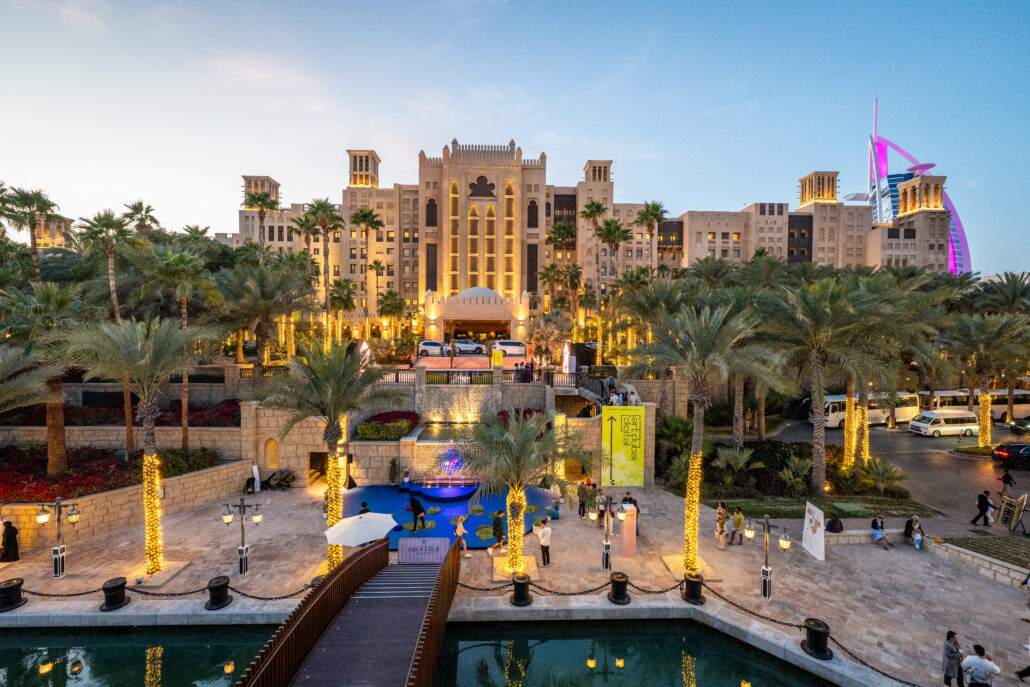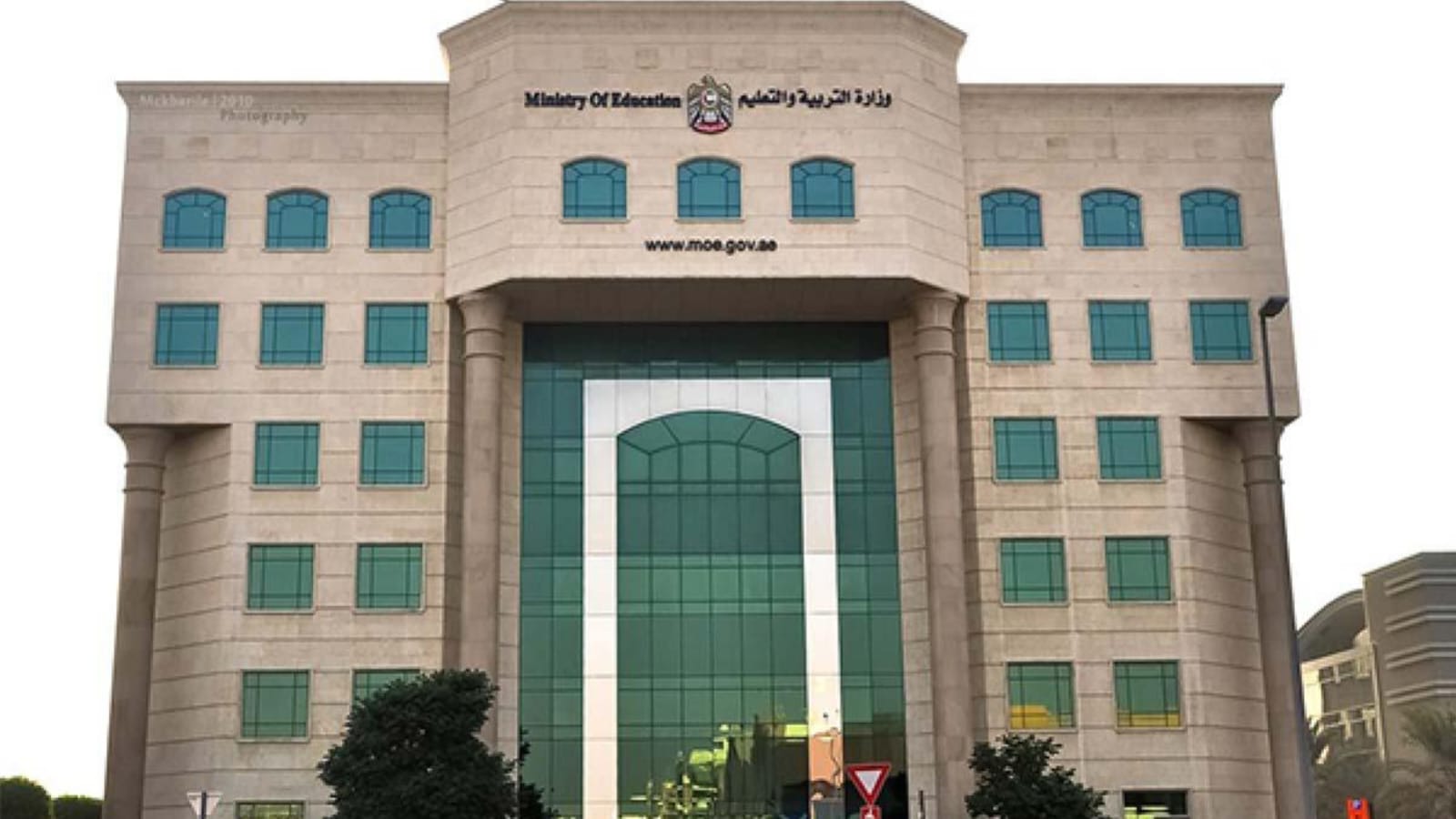Sheikh Mohammed’s 2025 Dubai Law Enhances Construction Sector Transparency

In a transformative move for Dubai’s construction industry, His Highness Sheikh Mohammed bin Rashid Al Maktoum, Vice President, Prime Minister of the UAE, and Ruler of Dubai, has introduced Law No. (7) of 2025, a groundbreaking regulation aimed at revolutionizing contracting activities across the emirate. Announced on July 12, 2025, this legislation establishes a unified regulatory framework to enhance transparency, accountability, and sustainable growth in Dubai’s booming construction sector. By aligning contractor classifications with technical expertise and operational capacities, the law supports Dubai’s ambitious vision for urban development and global competitiveness.
A New Era for Dubai’s Construction Industry
Dubai’s construction sector, a cornerstone of its economic growth, has long been a driving force behind the emirate’s iconic skyline, from the Burj Khalifa to the Palm Jumeirah. With Law No. (7) of 2025, Sheikh Mohammed has introduced a comprehensive legal framework to streamline contracting activities, ensuring they align with international best practices. This law is not just a regulatory update; it’s a strategic step toward positioning Dubai as a global leader in sustainable urban development. By fostering transparency and efficiency, the legislation aims to attract foreign investment and bolster confidence among developers, construction firms, and expatriates operating in Dubai’s vibrant market.
Key Objectives of the New Law
The primary goal of the new law is to create a unified system for classifying contractors based on their technical expertise and operational capacities. This ensures that only qualified professionals undertake projects, reducing risks and enhancing project quality. The law aligns with Dubai’s building codes, planning regulations, and the Dubai Economic Agenda D33, which aims to double the emirate’s economy by 2033. By standardizing contractor classifications, the legislation promotes fair competition and ensures that projects meet the emirate’s high standards for safety, sustainability, and innovation.
The law also introduces robust oversight mechanisms to monitor compliance, ensuring that contractors adhere to their designated roles and capacities. This move is expected to minimize project delays, cost overruns, and quality issues, which have occasionally plagued large-scale developments. For expatriates and international investors, this translates to a more reliable and predictable construction environment, making Dubai an even more attractive destination for business opportunities.
The Contracting Activities Regulation and Development Committee
A cornerstone of the new law is the establishment of the Contracting Activities Regulation and Development Committee, a body formed by a decision of His Highness, the Chairman of The Executive Council of Dubai. Chaired by a Dubai Municipality representative, the committee includes members from various government entities involved in contracting activities, such as the Department of Economy and Tourism and the Roads and Transport Authority (RTA). This collaborative approach ensures coordinated governance across the sector.
The committee’s responsibilities are extensive and include:
- Approving contracting activities: Ensuring all projects align with Dubai’s strategic goals.
- Supervising implementation: Monitoring compliance with the new law to maintain industry standards.
- Proposing policies: Developing forward-thinking regulations to keep Dubai’s construction sector competitive.
- Resolving disputes: Addressing jurisdictional conflicts to ensure smooth project execution.
- Adopting a code of ethics: Promoting professional integrity among contractors.
- Coordinating stakeholders: Facilitating communication between government bodies, contractors, and developers.
- Reviewing recommendations: Incorporating feedback to refine the regulatory framework.
This committee is poised to be a game-changer, providing a centralized authority to oversee the construction industry and drive sustainable development. Its formation underscores Dubai’s commitment to creating a business-friendly environment that balances innovation with regulation.
Scope and Applicability of the Law
The law applies to all contractors operating in Dubai, including those in special development zones and free zones like the Dubai International Financial Centre (DIFC). This broad scope ensures consistency across the emirate, regardless of jurisdictional differences. However, certain activities are exempt, including those related to airports, infrastructure projects, or specific projects excluded by Sheikh Mohammed based on committee recommendations. These exemptions allow flexibility for strategic initiatives while maintaining strict oversight for standard contracting activities.
For expatriate contractors and international firms, this universal applicability means they must align with Dubai’s regulations, even in free zones known for their relaxed rules. This creates a level playing field, ensuring that all players in the construction sector adhere to the same high standards.
Integrated Electronic System for Contractor Management
A standout feature of the law is the mandate for Dubai Municipality to develop an integrated electronic system linked to the Invest in Dubai platform. This digital registry will serve as the central hub for contractor registration, classification, and compliance monitoring. The system streamlines processes, making it easier for contractors to register, obtain professional competency certificates, and stay compliant with regulations.
The electronic system will also include a code of conduct for contractors, outlining ethical standards and operational guidelines. By digitizing these processes, Dubai is leveraging technology to enhance transparency and efficiency, aligning with its Digital Dubai Strategy to become a global leader in the digital economy. For expatriates navigating Dubai’s business landscape, this platform simplifies compliance, reducing bureaucratic hurdles and fostering a business-friendly environment.
Contractor Registration and Compliance Requirements
Under the new law, all contractors must register with Dubai Municipality and operate within their approved classification and capacity. This ensures that firms only undertake projects they are qualified to handle, reducing the risk of substandard work. Contractors are prohibited from:
- Exceeding their technical or financial limits.
- Subcontracting without prior approval from relevant authorities.
These restrictions aim to maintain project quality and prevent unauthorized practices that could compromise safety or sustainability. For construction firms, compliance is critical to avoid penalties and maintain theirGPRs in the contractor registry.
Penalties for Non-Compliance
The law introduces stringent penalties to enforce compliance, reflecting Dubai’s commitment to accountability. Violations can result in:
- Fines ranging from AED 1,000 to AED 100,000.
- Doubled fines up to AED 200,000 for repeat offenses within one year.
- Suspension from contracting activities for up to one year.
- Downgrading of classification or removal from the registry.
- Cancellation of commercial licenses.
- Revocation of certificates for technical personnel.
These penalties underscore the seriousness of the new regulations, ensuring that contractors adhere to industry standards and contribute to Dubai’s vision of sustainable urban development.
Regularization Period and Enforcement Timeline
To facilitate a smooth transition, existing contractors have a one-year regularization period to comply with the new law, with the possibility of a one-year extension if approved by the committee. Contractors with expiring registrations during this period can renew by declaring their intent to comply, providing flexibility during the transition. The law takes effect six months after its publication in the Official Gazette, giving stakeholders ample time to prepare.
This grace period is particularly beneficial for expatriate contractors, who may need time to navigate the new requirements. It reflects Dubai’s pragmatic approach to balancing regulation with business continuity.
Impact on Dubai’s Construction Sector
The introduction of Law No. (7) of 2025 is set to have far-reaching implications for Dubai’s construction industry:
- Enhanced Transparency: Clear classifications and digital oversight reduce ambiguity and foster trust.
- Improved Quality: Strict compliance ensures high standards in construction projects.
- Sustainable Growth: Alignment with Dubai’s building codes supports environmentally conscious development.
- Global Competitiveness: A robust regulatory framework attracts international investors and developers.
- Streamlined Operations: The electronic system simplifies registration and compliance processes.
For expatriates, this law creates a more predictable and business-friendly environment, encouraging foreign investment in Dubai’s real estate and construction sectors. It also aligns with the Dubai Strategic Plan 2030, which prioritizes innovation and sustainability in urban development.
Challenges and Considerations
While the law promises significant benefits, contractors may face challenges during the transition:
- Compliance Costs: Smaller firms may struggle with the costs of meeting new standards.
- Learning Curve: Expatriate contractors unfamiliar with Dubai’s regulations may need additional support.
- Penalties: Strict fines could deter non-compliant firms, impacting smaller businesses.
However, the regularization period and electronic system mitigate these challenges by providing time and tools for compliance. Dubai Municipality’s support, including training programs and online resources, will further ease the transition for international firms.








1 Comment
[…] frameworks. This transformative legislation, effective upon its publication in the Official Gazette, aims to streamline dispute resolution processes, ensuring efficiency, accessibility, and fairness […]
Comments are closed.